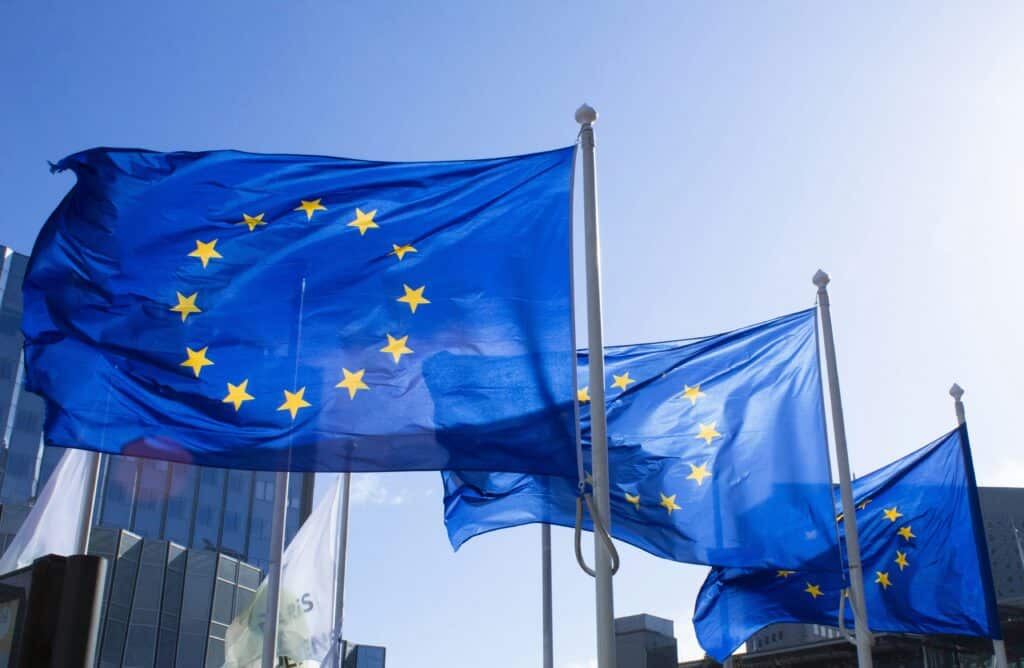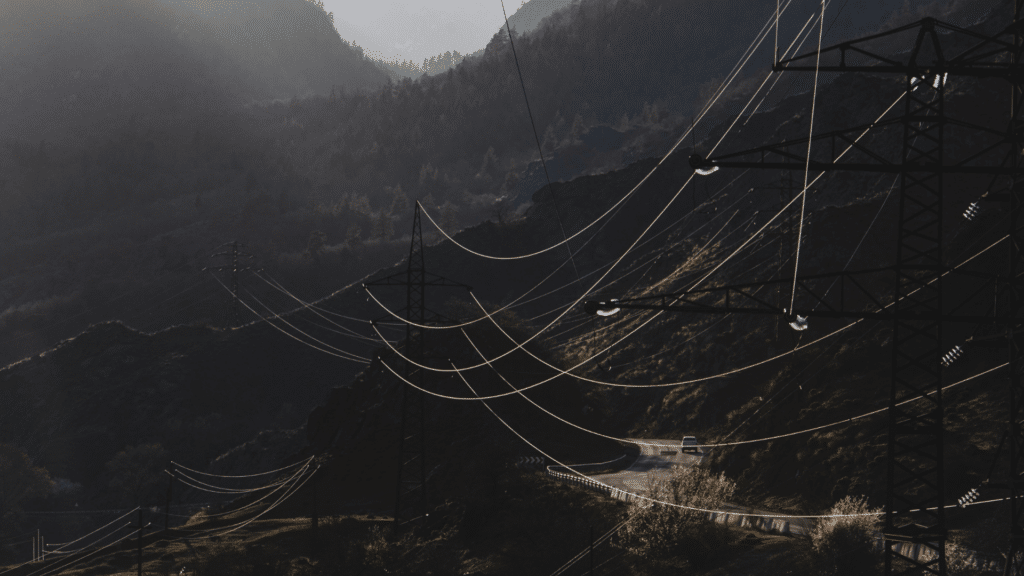With the introduction of smart meters more data is available. Existing and new players increasingly want to access this data to develop new services. Data exchange through a data hub is therefore a crucial market facilitating role. Up until recently market facilitation was mainly done by TSOs and Power Exchanges. However, with the rise of distributed generation, some of the market activities have shifted to the distribution level. Even consumers produce electricity nowadays. They have become prosumers. But then the question arises as to who should facilitate that market?
The Scandinavian countries have opted to leave this to the TSO. In Germany too, a proposal of this nature is on the table. In Belgium, the five largest DSOs have grouped together in the joint venture Atrias, which is to fulfil the role of a data hub. France and Austria are thinking along the same lines. In the UK and Italy, an independent third party has come into play. You see this happening more and more: wherever there are grey areas you will see totally new stakeholders emerging alongside the existing ones, the TSOs and DSOs.
Written by Leonardo Meeus






